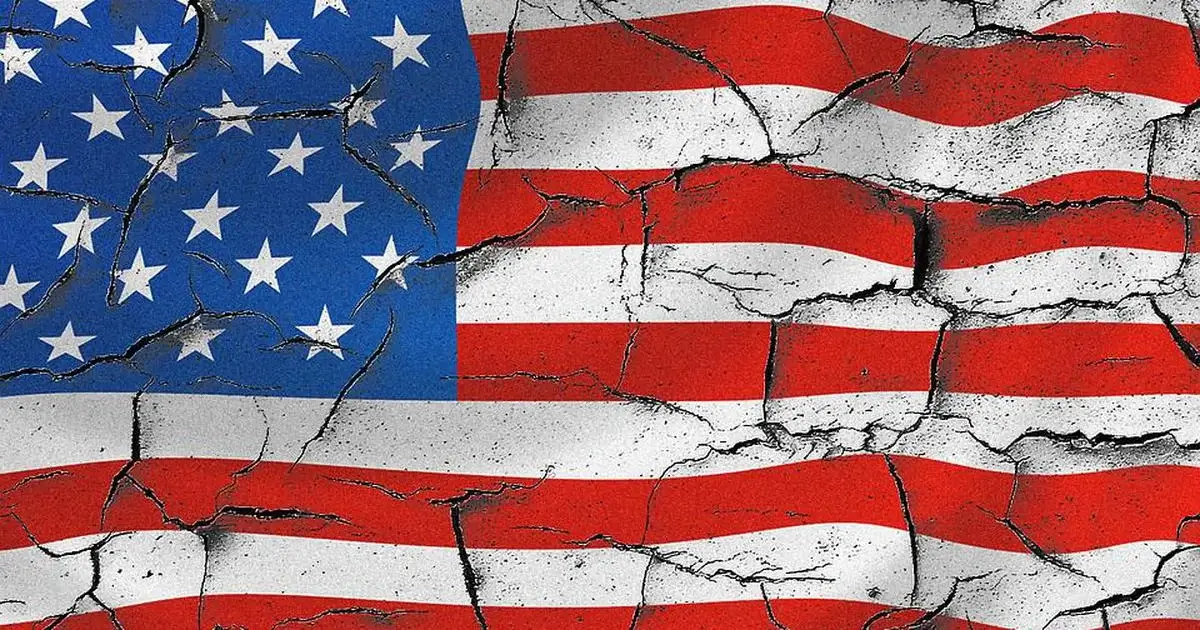US Household Debt Hits Record High Amid Slowing Consumer Spending
19.08.2024 16:00 2 min. read Alexander Stefanov
Americans are carrying unprecedented levels of household debt, and one of the nation's leading banks has issued a warning about a potential decline in consumer strength.
A recent report from the New York Federal Reserve reveals that US credit card debt has surged to a record $1.14 trillion. Overall, household debt—including student loans, mortgages, credit cards, and home equity lines—has reached historical highs.
The Fed’s report highlights a significant increase in aggregate household debt, which rose by $109 billion in Q2 2024, bringing the total to $17.80 trillion. This marks an increase of $3.7 trillion since the end of 2019, prior to the pandemic’s economic impact.
Additionally, the Fed notes a slight rise in delinquency rates for credit cards, auto loans, and mortgages, with approximately 4.9% of consumers having a third-party collection account.
Bank of America CEO John Moynihan has also commented on the situation, revealing that consumer spending has slowed dramatically. According to Moynihan, spending growth for the bank’s 60 million customers has dropped to just 3% in July and August, half the rate compared to the previous year. He suggests that while consumers are still employed and have funds in their accounts, their spending has significantly decreased.
Moynihan advises that the Federal Reserve must tread carefully to avoid excessively curbing economic growth, noting that current consumer spending levels are comparable to those from 2017 to 2019, reflecting a more stable economic environment with lower inflation.
-
1
Billionaire Slams Meme Stock Hype and Sounds Alarm on U.S. Fiscal Health
15.06.2025 18:00 2 min. read -
2
Nassim Taleb Says Global Trust Is Shifting from the Dollar to Gold
22.06.2025 17:00 1 min. read -
3
Geopolitical Shockwaves Hit Ethereum Hard While Bitcoin Stays Resilient
22.06.2025 16:21 1 min. read -
4
U.S. Recession May Already Be Locked In, Economist Warns
23.06.2025 12:00 1 min. read -
5
Tom Lee Warns Fed Could Trigger Market Turmoil With Delayed Pivot
22.06.2025 19:00 3 min. read
Robert Kiyosaki Predicts When The Price of Silver Will Explode
Robert Kiyosaki, author of Rich Dad Poor Dad, has issued a bold prediction on silver, calling it the “best asymmetric buy” currently available.
U.S. PCE Inflation Rises for First Time Since February, Fed Rate Cut Likely Delayed
Fresh data on Personal Consumption Expenditures (PCE) — the Federal Reserve’s preferred inflation gauge — shows inflation ticked higher in May, potentially delaying the long-awaited Fed rate cut into September or later.
Trump Targets Powell as Fed Holds Rates: Who Could Replace Him?
Federal Reserve Chair Jerome Powell is once again under fire, this time facing renewed criticism from Donald Trump over the Fed’s decision to hold interest rates steady in June.
U.S. National Debt Surge Could Trigger a Major Crisis, Says Ray Dalio
Billionaire investor Ray Dalio has sounded the alarm over America’s soaring national debt, warning of a looming economic crisis if no action is taken.
-
1
Billionaire Slams Meme Stock Hype and Sounds Alarm on U.S. Fiscal Health
15.06.2025 18:00 2 min. read -
2
Nassim Taleb Says Global Trust Is Shifting from the Dollar to Gold
22.06.2025 17:00 1 min. read -
3
Geopolitical Shockwaves Hit Ethereum Hard While Bitcoin Stays Resilient
22.06.2025 16:21 1 min. read -
4
U.S. Recession May Already Be Locked In, Economist Warns
23.06.2025 12:00 1 min. read -
5
Tom Lee Warns Fed Could Trigger Market Turmoil With Delayed Pivot
22.06.2025 19:00 3 min. read


